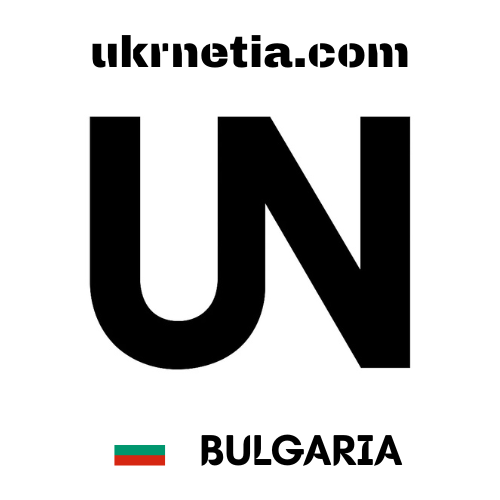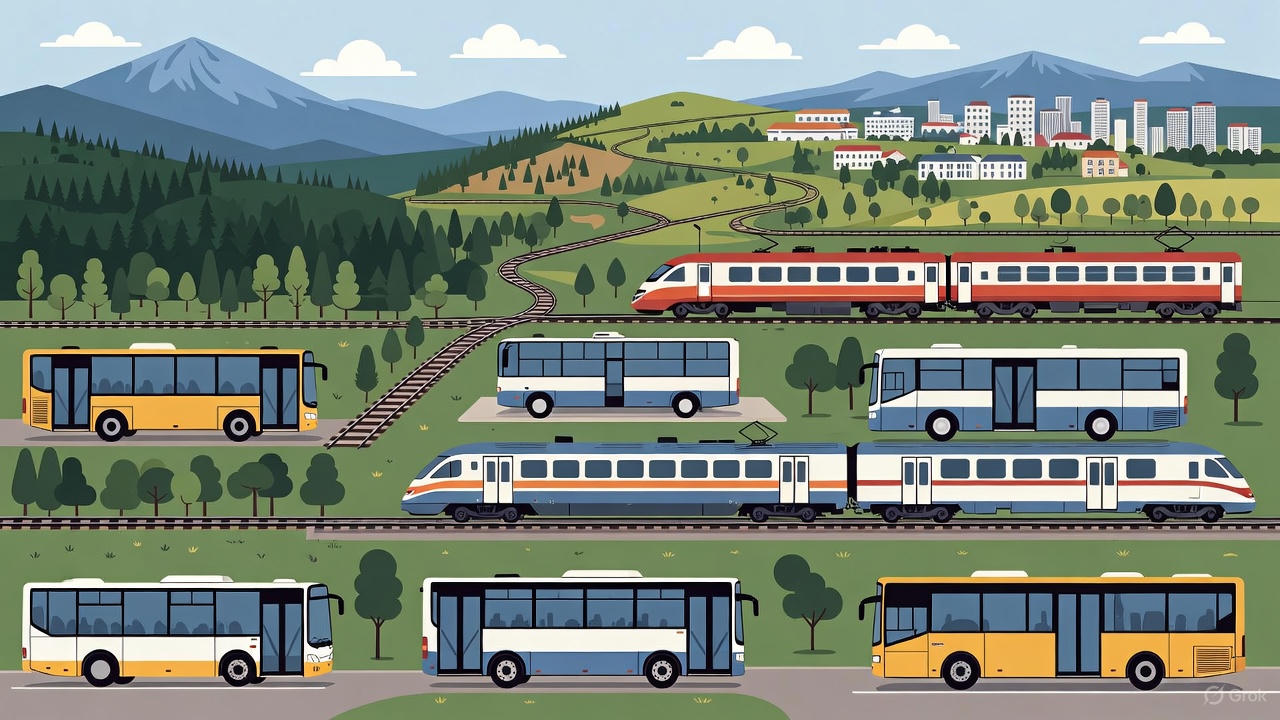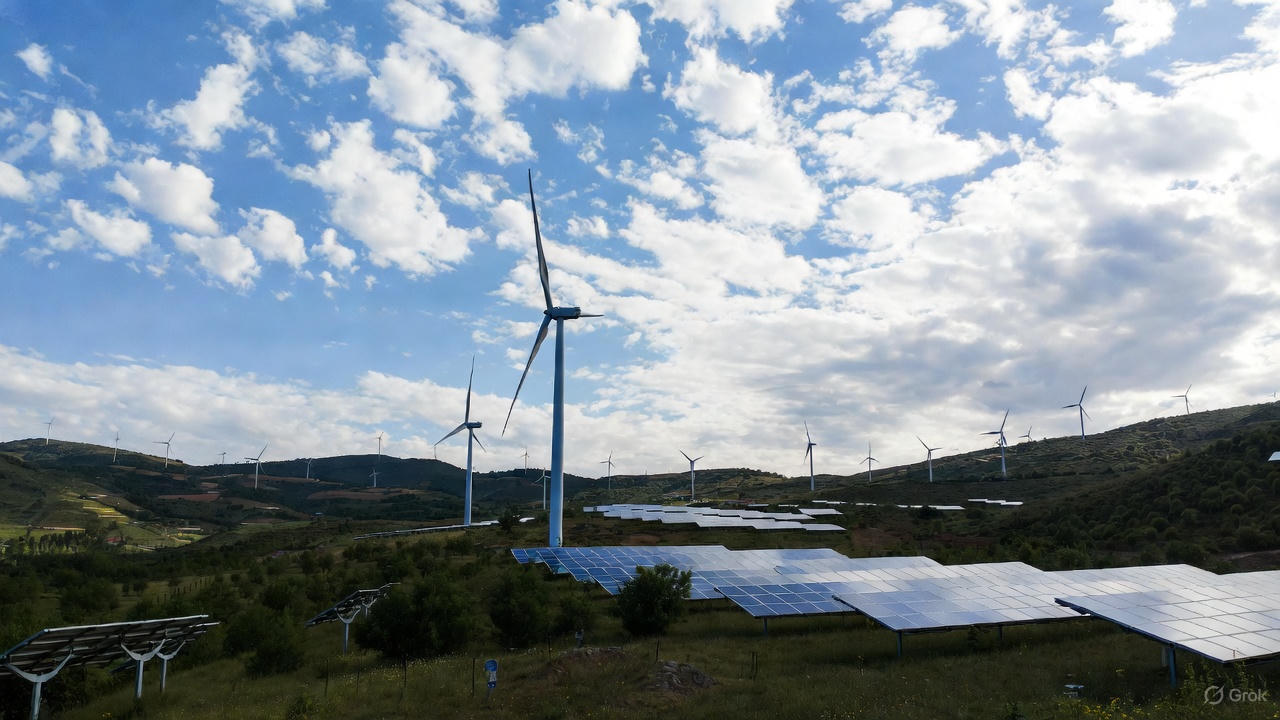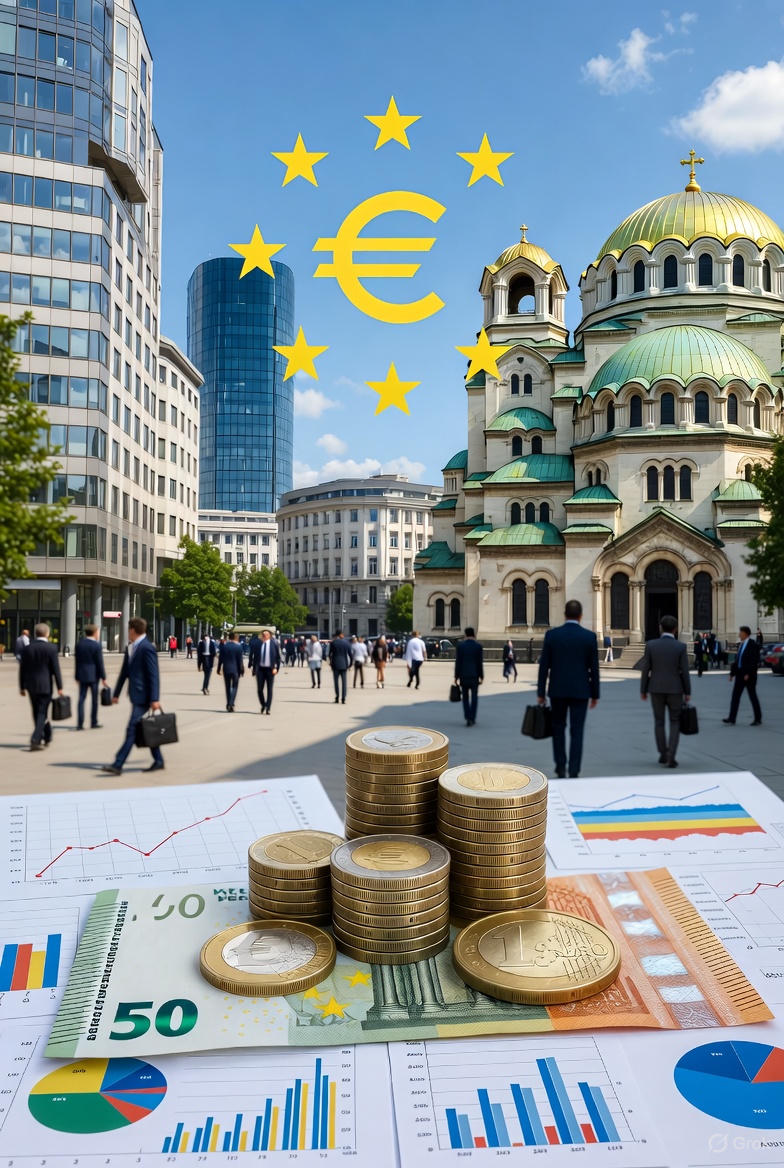Tourism, Tech, and Talent: The New Pillars of Bulgaria’s Economic Growth

For decades, Bulgaria’s economic narrative centered on low-cost manufacturing and EU structural funds. Today, three interlocking sectors—tourism, technology, and human capital—are redefining the country as a high-value, knowledge-driven player in Southeastern Europe. In 2023, tourism generated €5.2 billion (12 % of GDP), the IT sector exported €3.4 billion (surpassing agriculture), and 15,000 STEM graduates entered a labor market where English fluency is the norm and remote work is routine. These pillars are not isolated; they reinforce one another. A software engineer in Sofia books a weekend in Bansko via a Bulgarian travel-tech startup; a German tourist in Varna attends a tech conference organized by a local unicorn; a returning émigré uses tourism earnings to seed an AI venture. This article dissects each pillar, maps their synergies, and projects Bulgaria’s trajectory through 2030.
Pillar 1: Tourism – Beyond Sun and Sand
1.1 The Numbers Tell the Story
Nine million international arrivals in 2023 marked a full recovery from COVID and a 25 % jump over 2019. Overnight stays totaled 36 million, with average spend per visitor at €580—up 18 % in euro terms since 2018. The Black Sea coast (Sunny Beach, Golden Sands, Burgas) still dominates, but the shift is toward diversification:
- Cultural & Heritage: UNESCO sites (Thracian tombs, Rila Monastery, Nessebar) drew 2.1 million visitors, up 40 % year-on-year.
- Winter & Spa: Bansko, Borovets, and Velingrad reported 1.8 million ski/spa nights, fueled by low-cost Ryanair flights from London and Tel Aviv.
- Wine & Gastro: The Thracian Valley’s 70+ boutique wineries exported €120 million while hosting 300,000 enotourists.
1.2 Infrastructure Upgrade
EU Cohesion Funds (€1.1 billion, 2014–2023) rebuilt Burgas and Varna airports; Sofia Airport’s Terminal 3 opens in 2026 with capacity for 10 million passengers. The €600 million Black Sea motorway extension will cut Bucharest–Varna travel to four hours by 2027. Digital passports and e-gates reduced border waits to under 15 minutes in summer 2024.
1.3 Sustainability Pivot
Bulgaria’s 2030 Tourism Strategy mandates carbon-neutral certification for all 3+ star hotels by 2028. The Rose Valley’s organic rose-oil cooperatives now power distilleries with solar micro-grids, cutting emissions 60 %. Beach concessions must allocate 30 % of space to free zones with dune restoration—compliance reached 92 % in 2024.
1.4 Job Multiplier
Every €1 million in tourism revenue creates 42 direct jobs and 28 indirect ones (hotels, transport, restaurants). Average monthly wage in accommodation rose to €950 in 2023—still low but growing 12 % annually. Seasonal workers from Ukraine and Moldova fill gaps, while vocational schools in Burgas train 2,000 hospitality specialists yearly.
Pillar 2: Technology – Europe’s Quiet Software Powerhouse
2.1 Scale and Specialization
The Bulgarian IT sector employs 105,000 (4 % of workforce) and grew 16 % CAGR from 2018 to 2023. Key sub-sectors:
| Sub-sector | 2023 Export (€m) | Top Firms |
|---|---|---|
| Software Development | 1,800 | VMware, Progress, SiteGround |
| BPO/Shared Services | 1,100 | Sutherland, Concentrix, Teleperformance |
| Fintech | 300 | Payhawk, Phyre, A1 Wallet |
| Gaming & Creative | 200 | Imperia Online, Ubisoft Sofia |
Sofia alone hosts 45 % of firms; Plovdiv and Varna each claim 15 %.
2.2 Talent Pipeline
Six universities (Sofia University, Technical University Sofia, AUBG) produce 8,000 CS graduates annually; another 7,000 come from specialized colleges. The Telerik Academy—free for accepted students—has trained 25,000 junior developers since 2011, with 93 % employment within six months. English proficiency (EF EPI rank 12 globally) is the default; 70 % of developers hold B2+ certification by age 22.
2.3 Cost-Quality Sweet Spot
Average gross salary for a mid-level developer: €2,800/month (2024)—40 % of Berlin, 60 % of Prague, but productivity metrics match Western peers. Bulgaria ranks #1 in Eastern Europe for code quality on HackerRank and #8 globally for Stack Overflow contributions per capita.
2.4 Ecosystem Catalysts
- Sofia Tech Park: 16 labs, 120 resident startups, €40 million EU Horizon grants.
- Eleven Ventures & LAUNCHub: Deployed €180 million since 2012; portfolio includes Payhawk (unicorn, 2022) and OfficeRnD (€100 million Series B, 2024).
- Tax Incentives: 0 % corporate tax on reinvested R&D profits; 5 % withholding on IP royalties for EU entities.
2.5 Nearshoring Boom
Post-Ukraine war, 42 multinationals relocated or expanded EMEA tech hubs to Bulgaria (2022–2024). SAP moved 1,200 engineers from Moscow to Sofia; Cisco consolidated Eastern European support in Varna. Average project lead time fell from 14 weeks (Asia) to 6 weeks (Bulgaria).
Pillar 3: Talent – The Human Capital Flywheel
3.1 Demographics vs. Policy Response
Population: 6.45 million (2024), down 25 % since 1989. Working-age cohort shrinking 0.8 % annually. Yet urban centers tell a different story:
- Sofia metro: +120,000 residents since 2015 (net migration + returnees).
- Remote-work visas (2021) attracted 8,500 digital nomads; 35 % stayed beyond one year.
3.2 Return Migration Engine
The “Brain Gain” program offers €25,000 relocation grants plus 50 % income-tax rebate for five years to Bulgarians with 3+ years abroad. In 2023, 4,200 returnees claimed benefits—triple the 2020 figure. Average profile: 34 years old, master’s degree, prior roles at Google, Amazon, or Revolut.
3.3 Upskilling Ecosystem
- Dual Education: 45 companies (BMW, Siemens, Sensata) co-design curricula with vocational schools; 70 % graduates receive job offers before diploma.
- Micro-credentials: Coursera and Google partnered with the Ministry of Education; 22,000 Bulgarians earned Cloud/AI certificates in 2023.
- Gender Balance: Women comprise 32 % of tech workforce (EU average 26 %), thanks to initiatives like Rails Girls Sofia (5,000 alumnae).
3.4 Wage Convergence
Nominal wages rose 62 % from 2018 to 2023; real wages +28 % after inflation. Minimum wage hits €510 in 2025. Tech salaries lead convergence: senior devs now earn €5,000–€7,000 gross, pulling service-sector wages upward.
Synergies: Where the Pillars Interlock
4.1 Tourism × Tech
- Travel Tech Startups: 180+ firms; Flip.bg (hotel distribution) raised €22 million Series A in 2024.
- Smart Destinations: Varna’s 5G-enabled beach app books sunbeds, tracks water quality, and upsells spa packages in real time.
- Data Analytics: The National Tourism Board uses AI to predict occupancy 90 days out, accuracy 94 %.
4.2 Tech × Talent
- Corporate Academies: VMware Bulgaria runs an internal university; 60 % of promotions filled internally.
- Startup-to-Corporate Pipeline: 40 % of Payhawk’s 400 staff are Telerik Academy grads.
4.3 Tourism × Talent
- Seasonal Upskilling: Winter ski instructors train as UX designers in summer via online bootcamps.
- Cultural Ambassadors: Multilingual guides (average 3.2 languages) transition to customer-success roles in BPO firms.
4.4 Feedback Loops
Tourism cash flow funds tech infrastructure (e.g., Burgas data center powered by hotel solar arrays). Tech salaries boost domestic tourism spend (€1.8 billion in 2023). Returning talent opens boutique hotels in Plovdiv’s Kapana district, creating hip destinations that attract digital nomads who then join local startups.
Challenges and Safeguards
5.1 Overtourism
Sunny Beach density hit 1,200 visitors/hectare in peak July 2024. Mitigation: €180 million “Blue Flag Plus” program caps daily beach entries, disperses crowds to inland eco-trails.
5.2 Tech Talent Retention
Top 10 % of developers still eye Berlin or Amsterdam. Countermeasures: equity packages (ISOPs tax-advantaged since 2022), remote-first policies, and “golden visa” fast-tracks for spouses.
5.3 Skills Mismatch in Tourism
Only 22 % of hospitality workers hold formal qualifications. Fix: EU-funded “Tourism 4.0” academy graduates 3,000 certified managers annually by 2026.
2030 Outlook: A €100 Billion Economy?
| Metric | 2023 Actual | 2030 Target |
|---|---|---|
| GDP (€bn) | 92 | 125 |
| Tourism Revenue (€bn) | 5.2 | 9.0 |
| IT Exports (€bn) | 3.4 | 8.0 |
| STEM Graduates (annual) | 15,000 | 22,000 |
| Unemployment (%) | 4.2 | <3.5 |
Assumptions: 4.5 % real GDP growth, euro adoption 2025, full absorption of €12 billion Recovery Funds. The European Commission’s baseline is more conservative (3.8 % growth), but pillar synergies justify upside.
A Virtuous Triangle
Bulgaria is no longer Europe’s budget destination or back-office appendage. Tourism has matured into a year-round, high-value industry; technology has leapfrogged from outsourcing to product innovation; talent is circulating rather than draining. Each pillar generates foreign exchange, upgrades infrastructure, and raises productivity—creating a flywheel that compounds annually.
By 2030, a visitor landing in Sofia may check into a smart hotel designed by a Bulgarian architect, order dinner via an app coded in Plovdiv, and pay with a fintech wallet built by a team that learned Python in Bansko between ski seasons. The beaches, the codebases, and the people are no longer separate assets—they are the integrated engine of a modern Balkan economy.










